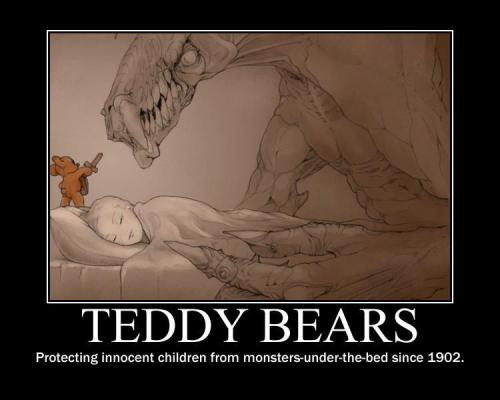So this was going to be my review of Portal 2, but that's going to be pretty quick: great mechanics, puzzles that are fun but not as fun as the first*, dialogue that lacks the memeability of the first but is guaranteed to give you at least one thing you can't stop saying**, and a completely unnecessary explanation for questions NO ONE WAS ASKING. I'd heard the multiplayer did a better job at living up to the fun puzzle hunting feeling of the first, which was a terrible thing to tell me because it meant that both parts of the game labored under the massive expectations generated by the awesomeness of its predecessor, rather than just the single player. It's a good game, but don't pay retail for it. My $30 for a used copy was tolerable, $50 for a new copy is too high, if you can find a portal buddy to wait for a price drop with you do that.
Portal 2 is fundamentally a puzzle game, and playing puzzle games with someone who has already solved them sucks, so you need to pick out a friend ahead of time and promise yourselves to each other. Pick someone you like, because communicating plans is difficult and they will kill you several times. If at all possible, pick someone who's roughly as good as you. My portal buddy B scored well on the "liking each other" and "unlikely to stab each other" metrics, but got stuck once in the entire single player game, compared to probably a dozen times for me. The first 80% of the multiplayer campaign was us walking into a room, him telling me where to put portals before I'd even seen what was happening, and then us suddenly being done. It was pretty much the same experience as playing with someone who'd played it before.
But the last 20% is where it got interesting. The difficulty curve in Portal 2 is pretty good, and suddenly he could no longer just see the answer. And it turns out, he had no backup strategy. Meanwhile, I had built up my figuring things out skills through the single player campaign, leading to conversations like this:
Me: [mechanic] the [mechanic] over there.
B: Why?
Me: I dunno, but it's clearly set up to do that, so let's try it and see what happens.
B: But... then what?
Me: That's a problem for future us.
This didn't reverse the discrepancy by any means, since he had as good a chance as I did at seeing the next move. At best it maybe got to 60/40 in my favor, 50/50 is also plausible. But this portion was a lot more fun, which makes me think that the whole thing would have been a lot more if I'd been playing with someone of equal skill.
Related Anecdote: I am pretty good at math, but my brother is amazing. He took an IQ test in elementary school and scored perfect on the math section. I had to be taught math, he would just see it. But that meant that when he eventually got to math he couldn't just see (and this took till high school, but it did happen), he was screwed. He had no problem solving method beyond looking at the problem and knowing the answer. Meanwhile, I'd been developing my "writing things down" and "intermediate steps" methods for years, and ended up going much farther in math than he did, and with much less frustration.***
I think people or at least Americans tend to conflate initial skill level, rate of learning, and skill level ceiling, and I think it does us a disservice. I know I've flat out given up on some things- remembering names and faces, having some sort of directional sense- that I'm now pretty sure I could improve on if I put effort into it. It's amazing what a difference conceiving of something as learnable makes.
*Note to developers: where is the one patch of portleable wall? is not a puzzle. It's an annoyance.
**For me?
Aristotle vs. MASHYSPIKEPLATE. and "I literally don't have the energy to lie to you." For my friend?
I'm in space, which I didn't appreciate at the time because I missed the context, but is steadily growing on me.
***Interestingly, B reported the same experience at math as my brother. I really want to insist that he can't have been visualizing things to the extent my brother was, but some of that is that my brother's right-brainness really screwed him in ways B has not suffered from, and it would be unfair if B also had superior math skills.
